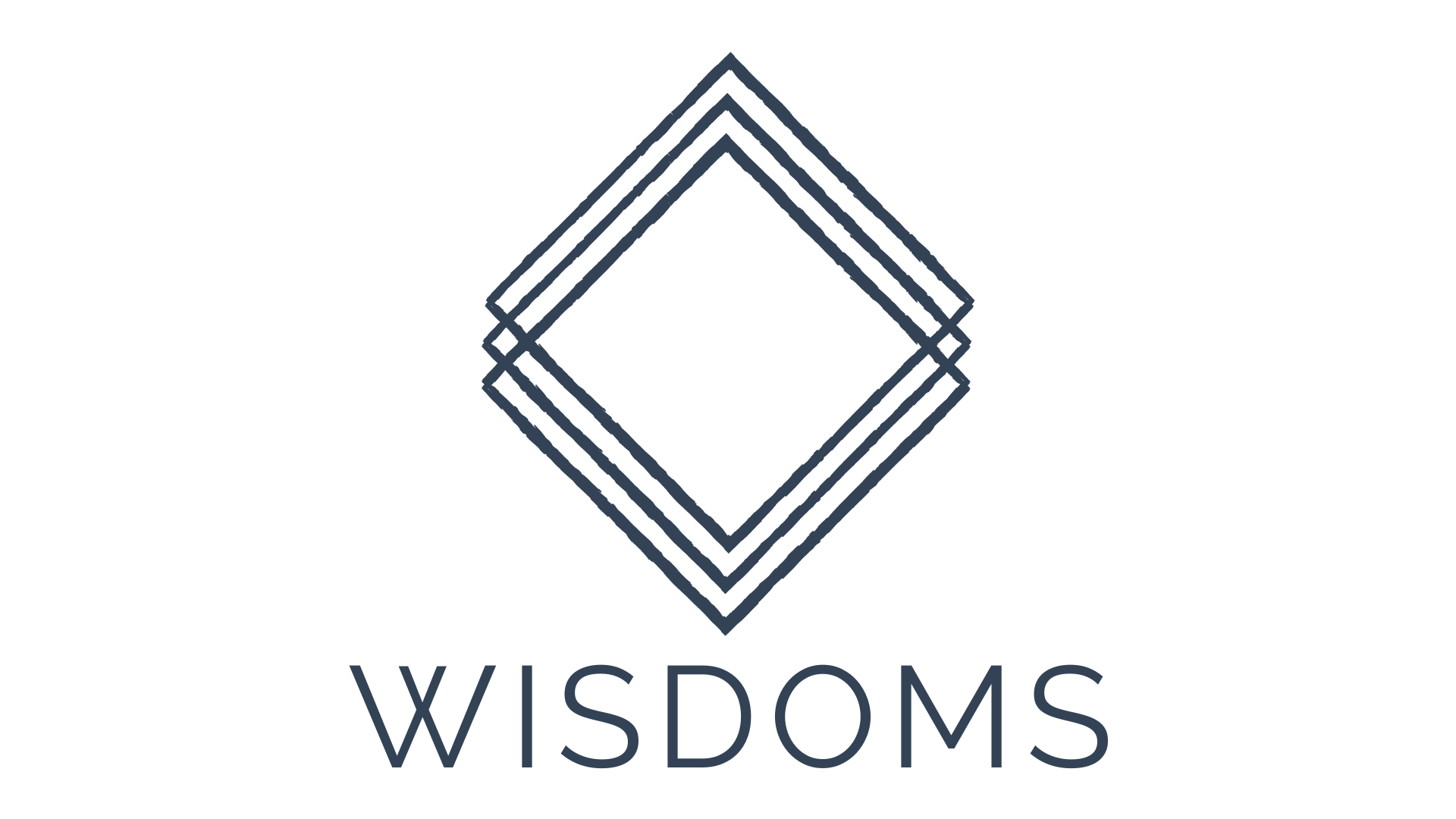Oscar Chalupsky is a South African sports and business hero. He was the youngest Springbok lifesaver in 1979. He captained the South African kayak team in 1992, reaching the semi-finals in the K-4 1000m event. He has many sports accolades including South African Ironman but is most renowned for winning the World Surfski Championship 12 times! His first victory was at age 20 and his last at 49 years old.
On the business front Oscar founded and ran Citadel, a well-known South African investment services company, as well as a very successful kayak company in USA. Currently Oscar is in a battle for his life, he is fighting cancer. He is facing it with the same determination and confidence that he has his other endeavours. Oscar is also very proud of the fact that he has been married for over thirty years and is close with his two adult children.
Winning includes how we deal with failure
Oscar shared with us, during one of our morning WISDOMS™ Chats, what has made him such a phenomenal winner and achiever in life. In the course of the session he was asked how he resolved the seeming conflict between competition and collaboration. It was such a good question given his obvious competitive drive and yet also his recognition of the critical contribution of team work.
His answer is that, in a team, the competition is never against each other. It is always to reach for higher and better goals and against previous benchmarks. What was interesting to me is that in talking about winning, achieving, and competing against your own previous best, he quickly broached the topic of failure.
He spoke of encouraging the teams that he has worked with in business and in sports that when they fail “they simply had found one more way it doesn’t work.” Team success was measured in keeping going, constantly striving to get better, and that would inevitably lead to some things not working. Sound familiar? It’s of course an echo of Thomas Edison’s famous quote, “I haven’t failed. I have just found 10,000 ways that didn’t work.”
The wisdom of failing forward
John C. Maxwell has embedded certain phrases about failure into our communal psyche through the title of his book Fail Forward. In Maxwell’s words, “Fail early, fail often, but always fail forward.”
In business terms we have encapsulated the concept, thanks to the early tech start-ups, with the term Minimum Viable Product. This has now been expanded to include Minimum Viable Process. MVP is defined by technopedia.com as “a development technique in which a new product is developed with sufficient features to satisfy early adopters. The final, complete set of features is only designed and developed after considering feedback from the product’s initial users.”
It means that before you commit completely to the full implementation of your plan you test a workable version with the relevant people to get their feedback, which you then integrate into the further development of the solution. In other words, you build lack of perfection and essentially failure into the phases of your product or process launch.
In WISDOMS™ our constant phrase is ‘test and tweak’. With changing markets, economic conditions, world events, and advancing technology you cannot assume that you know what is going to work at any point in time. More than ever we have to put something that is ‘good enough’ into the marketplace to assess what will work and what will not. You have to try many versions — whether that is a physical product, a digital offering or a marketing message — in order to evaluate what will work.
Learning by doing
The phrase I come back to time again in this vein is ‘nothing ventured, nothing gained.’ Just in this time of lockdown I have ventured in several new ways. We launched our half hour daily WISDOMS™ Chats on Zoom, which we now also conduct in UK and US time zones as well as South Africa. We have hosted virtual Summits with phenomenal speakers we have never met in person. I have put together digital ad campaigns, created videos and designed online courses.
Have all of these ventures been successful? YES! Because we have learnt and changed and developed with each and every one. Each step leading to greater success.
Whether you are working in teams or on your own, it is more important than ever, to have a mature attitude to failure. We have been thrown into a cauldron of uncertainty and no-one knows what will or won’t work.
We run the risk of going in two opposite directions. The one is we choose to do nothing and hunker down out of fear of not succeeding and losing what we have. This paralysis will likely leave us stranded as irrelevant very soon. Or we can panic and over-invest in a silver bullet solution that we have no guarantee will work.
Stepping out in new ways, that feel risky and unknown, is really the only way to go. If we hold onto our understanding of the true value of failure then there is no risk at all. That is, as long as we haven’t bet the farm on one big idea and are implementing in incremental bite-sized pieces analyzing feedback as we go. The more we try, the more open we are to experimenting at speed, the quicker we are going to learn and adapt to these changing times.

